The intellectual tradition is one of servility to power, and if I didn't betray it I'd be ashamed of myself
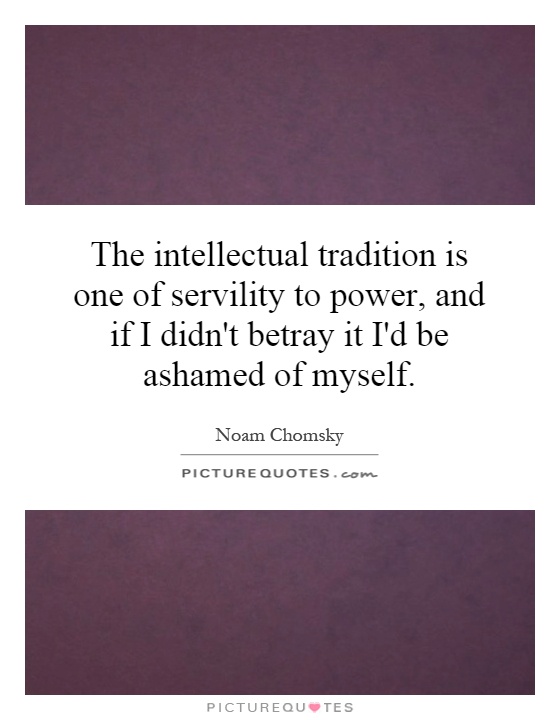
The intellectual tradition is one of servility to power, and if I didn't betray it I'd be ashamed of myself
Noam Chomsky, a renowned linguist, philosopher, and political activist, is known for his critical analysis of power structures and his unwavering commitment to speaking truth to power. Throughout his career, Chomsky has consistently challenged the intellectual tradition that he believes is often complicit in serving those in positions of power. In his famous quote, “The intellectual tradition is one of servility to power, and if I didn't betray it I'd be ashamed of myself,” Chomsky highlights the importance of intellectual independence and the responsibility of intellectuals to question authority and challenge oppressive systems.Chomsky’s critique of the intellectual tradition stems from his belief that many intellectuals have historically aligned themselves with those in power, either out of fear of reprisal or a desire for personal gain. He argues that this servility to power has led to the perpetuation of unjust systems and the suppression of dissenting voices. Chomsky himself has never shied away from speaking out against injustice, whether it be in his critiques of U.S. foreign policy, his condemnation of corporate influence in politics, or his advocacy for human rights.
For Chomsky, betraying the intellectual tradition means refusing to be complicit in the perpetuation of power structures that oppress and exploit marginalized communities. It means using one’s platform and privilege to amplify the voices of the marginalized and challenge the status quo. Chomsky’s own work exemplifies this commitment to intellectual independence and social justice, as he continues to speak out against injustice and advocate for a more equitable and just society.

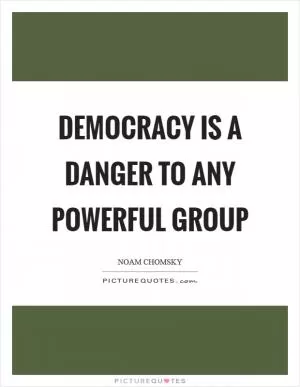


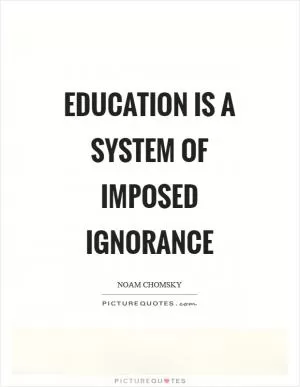


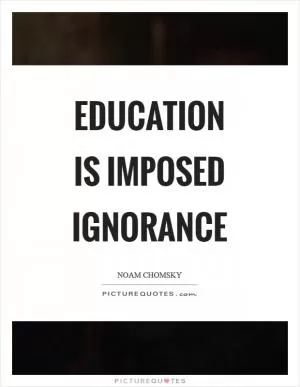
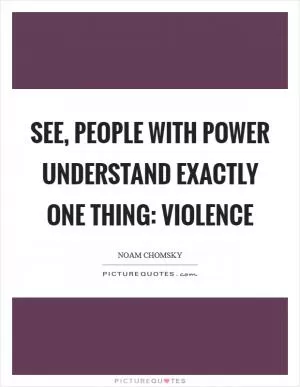



 Friendship Quotes
Friendship Quotes Love Quotes
Love Quotes Life Quotes
Life Quotes Funny Quotes
Funny Quotes Motivational Quotes
Motivational Quotes Inspirational Quotes
Inspirational Quotes